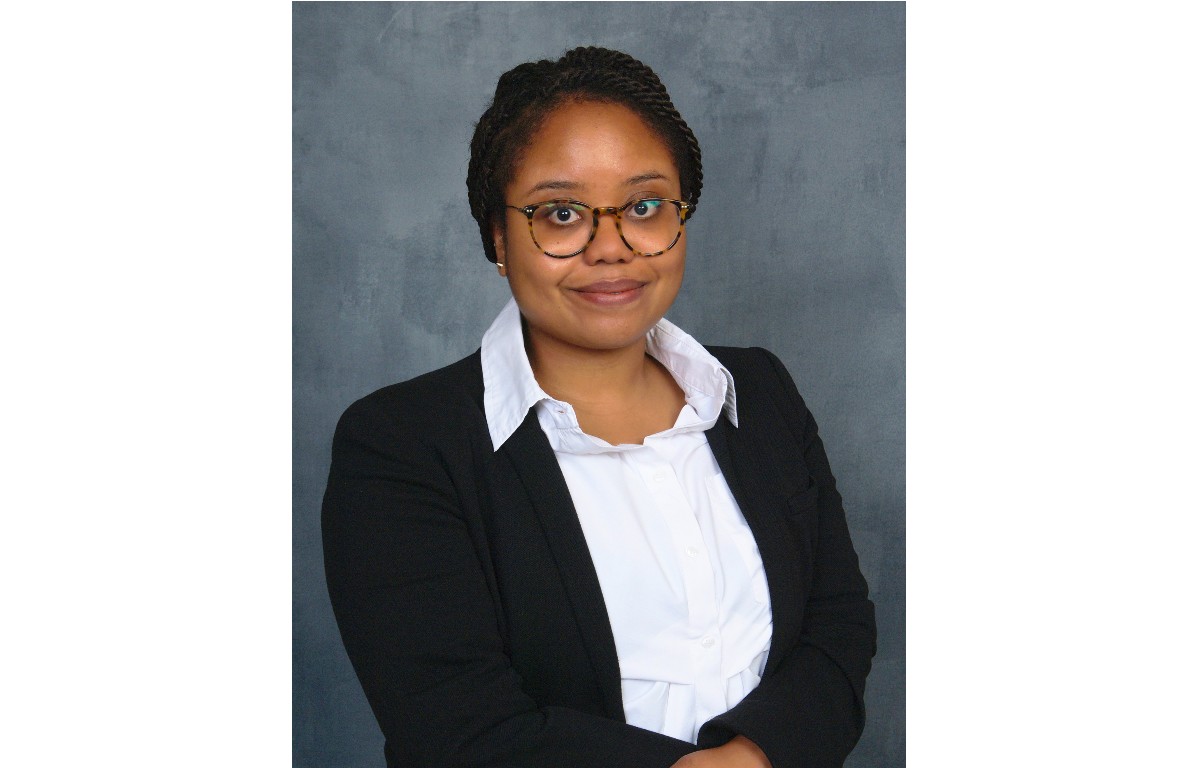 Identifying a mentor is one of the most important decisions a person can make on the path to becoming an M.D./Ph.D. or a Ph.D. As beginning students entering the lab, we have many questions: What is the scientific focus of my prospective mentor? Does the mentor’s work align with my previous experience? Does he or she publish well? How does his or her work intersect with my future career?
Identifying a mentor is one of the most important decisions a person can make on the path to becoming an M.D./Ph.D. or a Ph.D. As beginning students entering the lab, we have many questions: What is the scientific focus of my prospective mentor? Does the mentor’s work align with my previous experience? Does he or she publish well? How does his or her work intersect with my future career?
While these are all relevant and important questions, there’s more to this possibly life-changing decision than just identifying a mentor.
Neuroscience was the field I wanted to pursue, so that helped inform my decision. Before matriculation into the M.D./Ph.D. program, students review lists of mentors with whom we might be interested in working for our doctoral studies. I remember anxiously perusing the lists and thinking “Voilà!” when I came to Dr. Lipton. The description of his work—using neuropsychological assessments and imaging to understand mild brain injuries—jumped off the page for me. Eight years later, Dr. Lipton’s work still inspires me, and I am so grateful to have been under his tutelage for my Ph.D. work.
The Oxford dictionary defines a mentor as “an experienced and trusted adviser.” To help anyone interested in finding a career guide, I’d like to underscore the importance of these qualities in a mentor, exemplified by Dr. Lipton:
- Experience: I vividly recall the first presentation I reviewed with Dr. Lipton before presenting it to a broader scientific community. During our feedback session, I was astounded by Dr. Lipton’s seemingly effortless ability to convey my message more clearly and cogently than I could. Looking back after eight years, I now realize how much of this skill was born of experience.
- Trust: Without trust, science has no footing. Trust takes time to develop with a mentor, as it does in any relationship. In my opinion, it is the cornerstone of a healthy mentor-mentee relationship. Early in my training, I witnessed a meeting between Dr. Lipton and an older student in which they respectfully engaged in an energetic reciprocal exchange of ideas that resulted in a deeper understanding of each other’s position and a better relationship. That moment inspired my trust.
- Advice: Information is accessible with the swipe of a keystroke for most people today. But the real value of attending renowned institutions such as Einstein lies in having direct access to knowledgeable advisers. Indeed, the most-valuable moments during my Ph.D. studies were my weekly meetings with Dr. Lipton, at which he would invariably provide a new perspective that would elevate my projects. His sage advice about how to interpret findings on my project examining the joint effects of soccer heading and the ApoE4 gene on memory helped result in the paper being published in JAMA Neurology.
Career Growth and Skills
Now that I’ve graduated, I realize that for new M.D./Ph.D.s, it is impossible to foresee whether we will continue our graduate research during our careers. After all, events, circumstances, and personal preferences can alter our paths. However, there are fundamental skills we learn from our mentors that will have lasting benefits. An example of an essential skill that I learned during my graduate research is grant writing. For researchers (and even those in nonresearch disciplines), the ability to understand the formats, tools, and language needed when seeking to receive funds from the government or private donors is something that can make or break a project. I was fortunate to work with a mentor with a fantastic track record for receiving grants. Dr. Lipton’s skills in this area helped me be awarded an F31 grant. As part of this process, Dr. Lipton taught me that a detailed explanation of the nature of the training the student will receive is integral to receiving an F31 award. Whatever the future holds for me, I genuinely believe the skill of grant writing will pay enormous dividends in my career as a physician-scientist.
Future Collaborations
For many M.D./Ph.D.s, graduation day is the last time they will work closely with the mentors who helped shape them as scientists. For some people, this is a welcome change; for others, it is a difficult transition. At least some of these feelings spring from the critical early choice of a mentor. Dr. Lipton was the right choice for me, and I am thrilled to know that I’ll be in the Bronx, doing my residency in neurology at Montefiore, where I’ll have the opportunity to continue to work with Dr. Lipton’s lab. I am confident that together we will continue to produce many more publications that we believe will advance the field of neuroscience.

